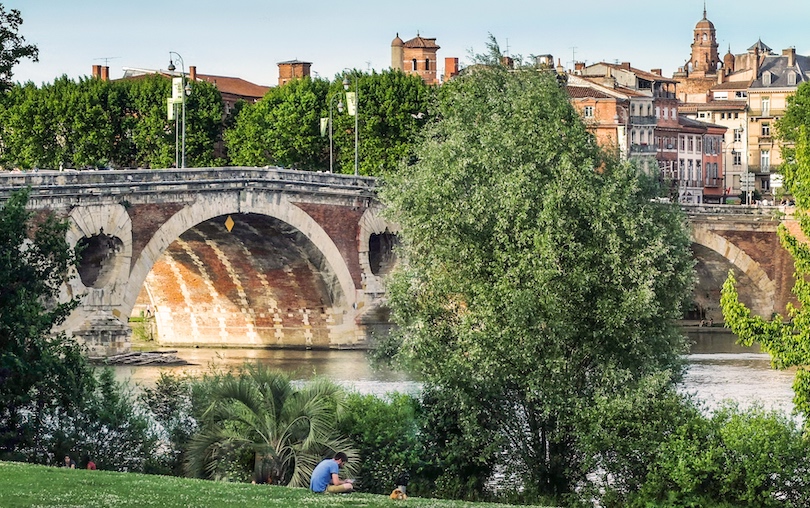
Located in southwest France, on the banks of the Garonne River, Toulouse is a city often overlooked by tourists in favor of more well-known destinations like Paris and Nice. However, it is a hidden gem you should try and get to, not least because of its rich history, beautiful architecture, delicious food, and vibrant cultural scene.
Toulouse is often referred to as ‘la Ville Rose’ due to its many pinkish brick buildings. It also features several museums that relate to the cosmos, prehistory, ancient art, the natural world, and art from the Gothic period up to the Impressionists.
Additionally, the city is recognized as Europe’s capital for aeronautics, housing the most prominent space center on the continent and serving as the headquarters for Airbus. Besides these things to do in Toulouse visitors can also explore historical landmarks, enjoy delicious local cuisine or experience the vibrant nightlife.
Map of Tourist Attractions in Toulouse
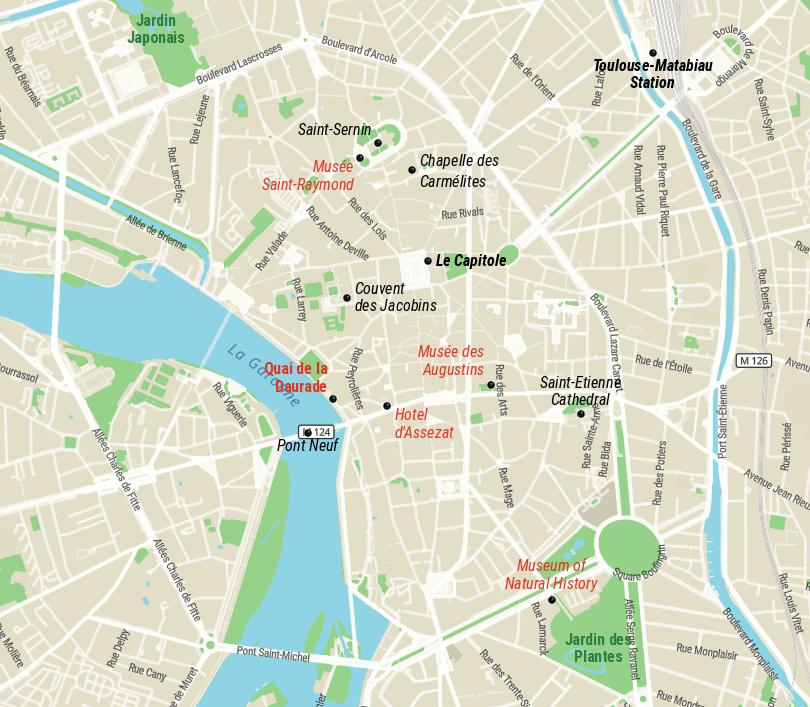 © OpenStreetMap © MapTiler © Touropia
© OpenStreetMap © MapTiler © TouropiaIn this post, we'll cover:
18. Chapelle des Carmelites
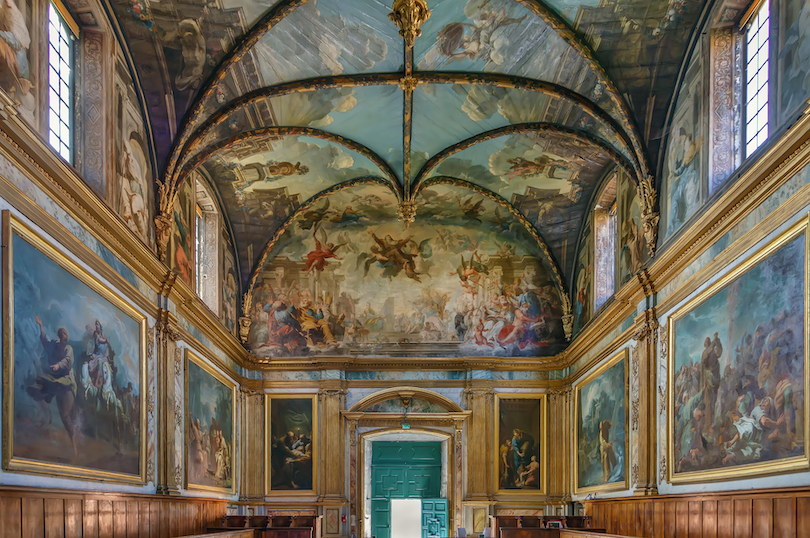
Located in the heart of Toulouse, on a narrow street called Rue du Périgord, is an innocuous green door.
While many tourists walk past it, for those in the know (like us now!), it leads you to a small courtyard with an extraordinary secret – The Chapelle des Carmelites.
Reminiscent of the Sistine Chapel, this baroque structure features ceilings adorned with paintings by Jean-Pierre Rivals in the late 17th century.
The paintings exhibit exceptional skill and are considered a masterpiece. Additionally, frescoes portraying female figures between the windows on each side of the nave are equally captivating.
Best of all, you are highly likely to have the place to yourself, as many people living in Toulouse don’t know about it. So you can take your time to appreciate them without being disturbed.
17. Musée Saint-Raymond
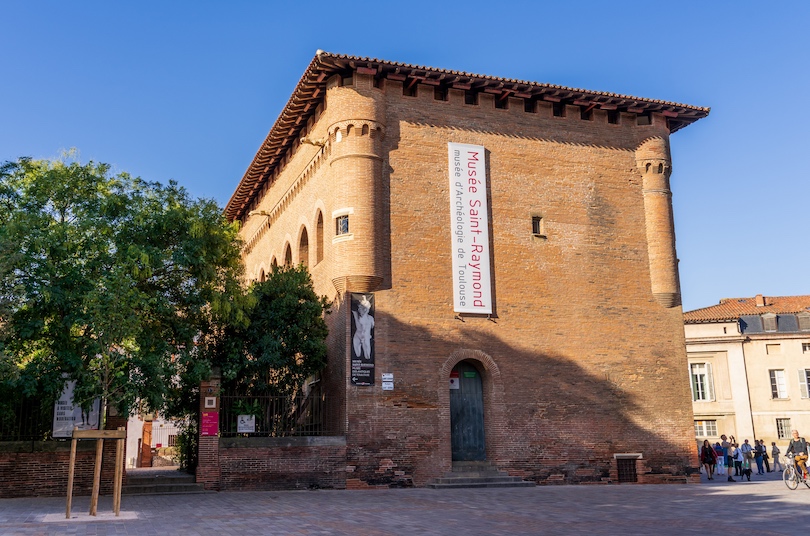
If you’re interested in history or archaeology, the Musée Saint-Raymond next to the Basilique Saint-Sernin is worth visiting.
Built on the site where the Necropolis once stood, this fascinating archeological museum presents a stunning display of artifacts and objects from prehistoric times to the year 1000.
While it highlights various Mediterranean civilizations, it strongly focuses on Gallo-Roman history. Among its striking collections are Roman busts of emperors and their families and other vital figures from Roman Gaul, some of whom have yet to be formally identified.
Its entire first floor is also dedicated to the discoveries made at the historic Villa Chiragan, a major archaeological site located southwest of Toulouse.
Overall, the museum is perfect for those who want to learn about Ancient Toulouse. It is also another place that rarely gets too busy.
16. Saint-Etienne Cathedral
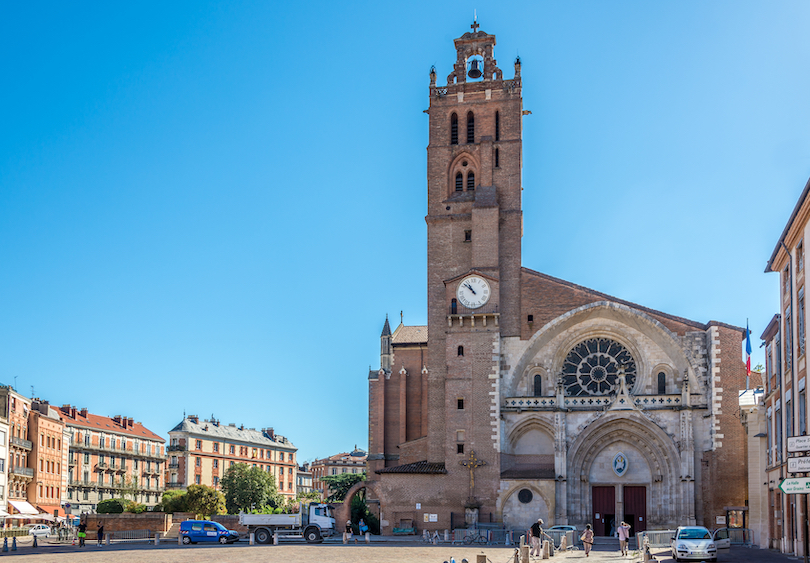
Toulouse Cathedral is a significant Roman Catholic church that holds national importance. It serves as the seat of the Archbishop of Toulouse and has been designated a monument historique by the French Ministry of Culture.
What we like most about this remarkable 13th-century edifice is that it combines two Gothic architectural styles. They are the Southern Gothic, known for its grandeur and strength, and the Northern Gothic style, characterized by its elegance and radiance.
This place is worth a visit if you have the time due to its unique and intricate design. Particularly noteworthy are the organs, which appear suspended in mid-air.
Its intricately crafted headstones, Baroque altarpiece, and stained-glass windows are also captivating. While the chapels, which feature incredible retables, tableaux, and reliquaries, feel like a series of miniature museums.
15. Day Trip to Albi
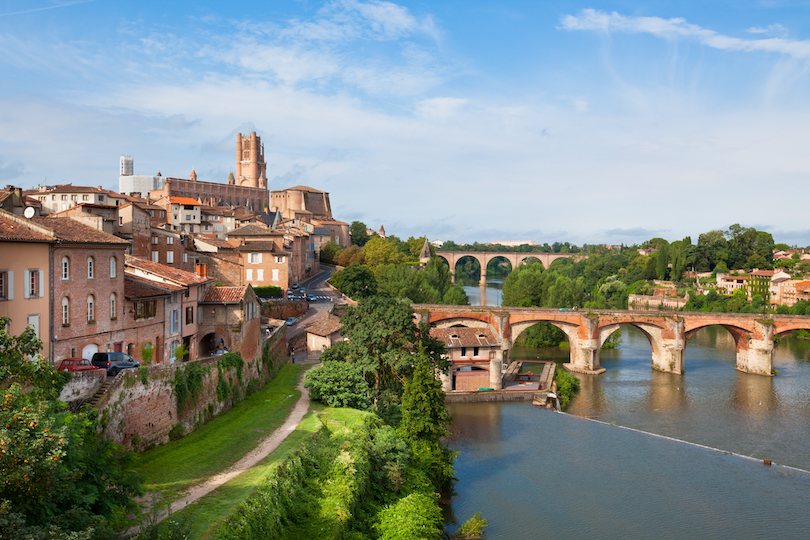
If you have some spare time while exploring Toulouse, it’s worth taking a day trip to Albi to see all it offers.
Albi is a lovely city in the Tarn region of southern France, just about an hour’s drive northeast of Toulouse. It is renowned for its stunning red-brick architecture, notably the magnificent Cathedral of Sainte-Cécile, a UNESCO World Heritage Site.
Visitors can also explore the historic Old Town, which features picturesque streets lined with medieval buildings, charming squares, and plenty of cafes and restaurants.
The Toulouse-Lautrec Museum is another popular attraction, with an eclectic collection of displays to occupy you. At the same time, Albi is also surrounded by scenic countryside, with vineyards, forests, and rolling hills that make pleasant places to explore.
You will easily be able to see all its highlights in a day, but if you can allocate two days or more, then all the better.
14. Jardin des Plantes
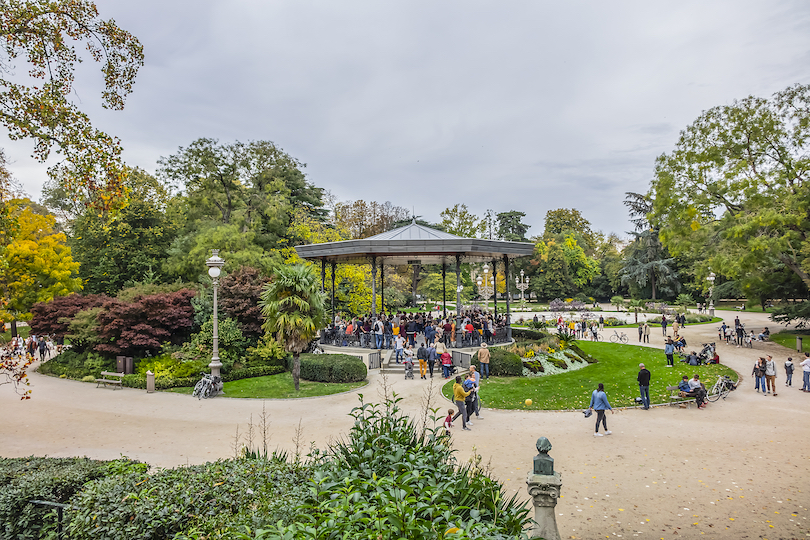
The Jardin des Plantes is a charming green space at Allée Jules-Guesde, in the southeast of the downtown area.
It’s situated in the Busca district, near the Bridge of the Young Ladies and the Canal du Midi and was established in 1794 by naturalist Philippe Picot de Lapeyrouse.
Initially, it was a botanical garden with hundreds of plant species and acted as a source of medicinal plants for medical students. However, today, it is a popular destination for those seeking a peaceful retreat from the hustle and bustle of city life.
Its small waterfalls, fountains surrounded by flowers, and serene atmosphere makes it an ideal spot for walking, relaxing, and picnicking. Additionally, the garden features several old buildings and vestiges, which you can explore and adds to it a sense of historic charm.
13. Aeroscopia
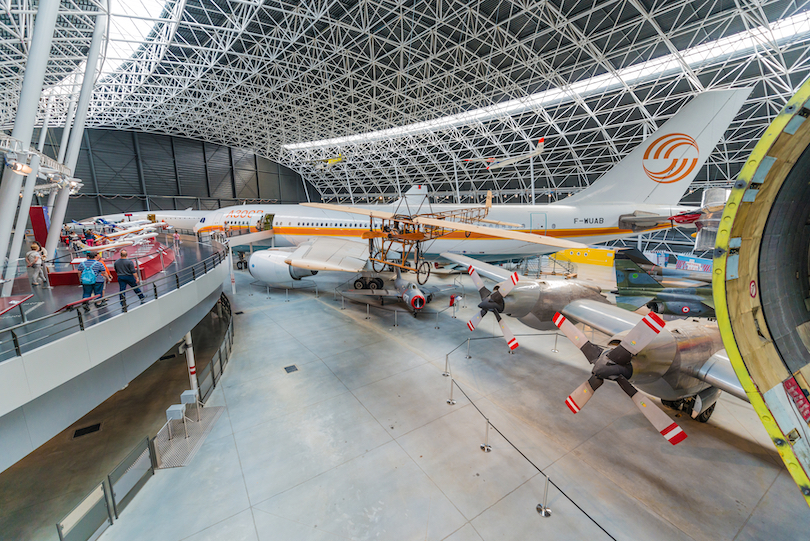
Those who love aviation will be in for a real treat at Aeroscopia. The museum, located just 15 minutes away from the CBD, is a tribute to the aeronautical industry and offers an exceptional collection that explores the history of aviation.
The building’s design resembles the fuselage of an airplane. It also houses many iconic aircraft, scale models, and a sizeable historic mural.
Aeroscopia’s main highlights include interactive zones, entertaining exhibitions, and displays of legendary aircraft like the Concorde, Caravelle, Super Guppy, and Airbus.
Our favorite experience was stepping aboard the legendary Concorde and seeing its interior, which gave us a sense of what it must have been like on a flight. We also enjoyed the cool interactive zones where we could construct an airplane and learn what goes on behind the scenes during a flight.
12. Hotel d’Assezat
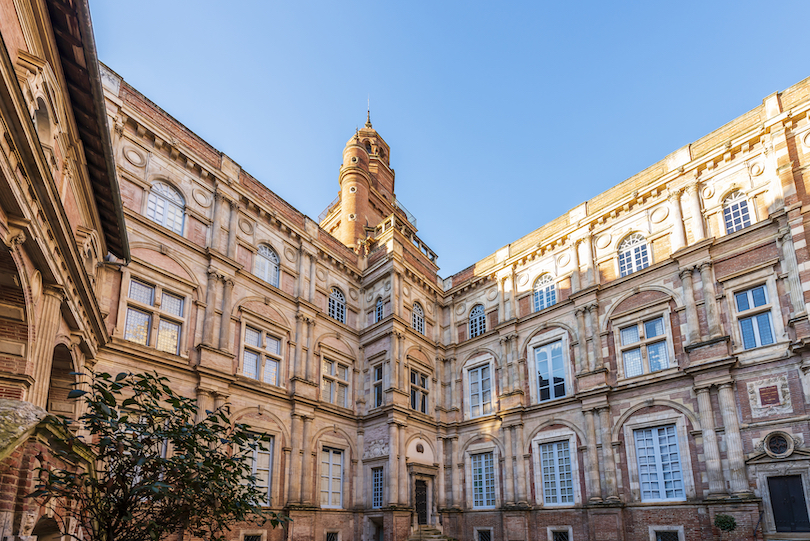
The Hôtel d’Assézat is a stunning mansion in Toulouse. Designed by Nicolas Bachelier, a renowned architect of the Renaissance era, it took almost 30 years to complete.
The mansion was built for a wealthy wood trader called Pierre d’Assézat. But ironically, he was broke when his lavish palace was completed in 1581.
Nowadays, the mansion houses the Bemberg Foundation, which boasts an incredible art gallery. The gallery showcases the impressive collection of Georges Bemberg, a prominent art patron of the 20th century.
Art lovers will find so many great exhibits to appreciate. However, the Venetian pieces by Canaletto and the works by the fin de siècle French artists such as Monet, Pierre Bonnard, Matisse, and Cézanne stand out as particularly fantastic.
The best thing about this attraction though, is that it offers free entry to the public.
11. Quai de la Daurade
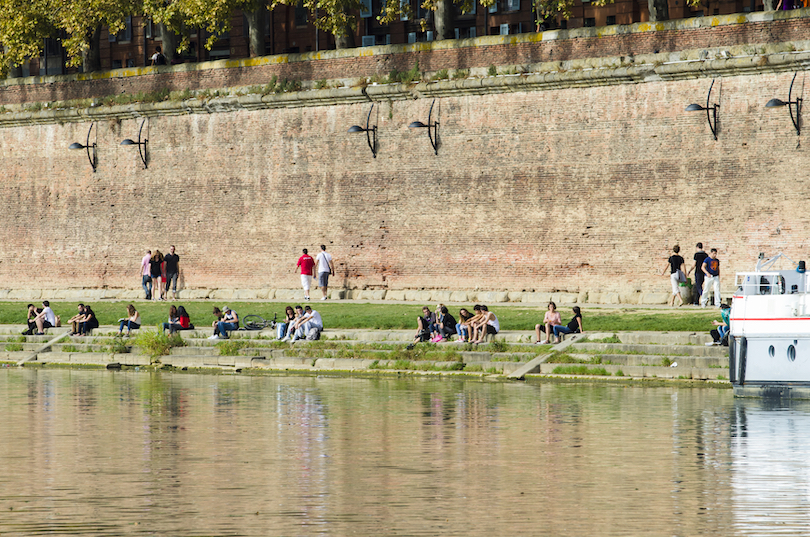
If you’re looking for an authentic taste of Toulouse, head to Quai de la Daurade. Situated on the banks of the river Garonne, this spot is a local favorite during the summer. It is perfect for strolling along the quays, relaxing with a good book, or enjoying a picnic in the evening.
If you’re feeling peckish, grab some Argentinian empanadas from El Chivito on Rue des Blanchers. We stumbled across this place and were delighted by the taste and value for money of the food served to us.
Featuring both bridges, the dome of La Grave hospital’s chapel, and the big wheel, the views from La Daurade are stunning. However, for the best experience, try to arrive before sunset to witness one of the most incredible dusk colors you will ever see.
10. Museum of Natural History
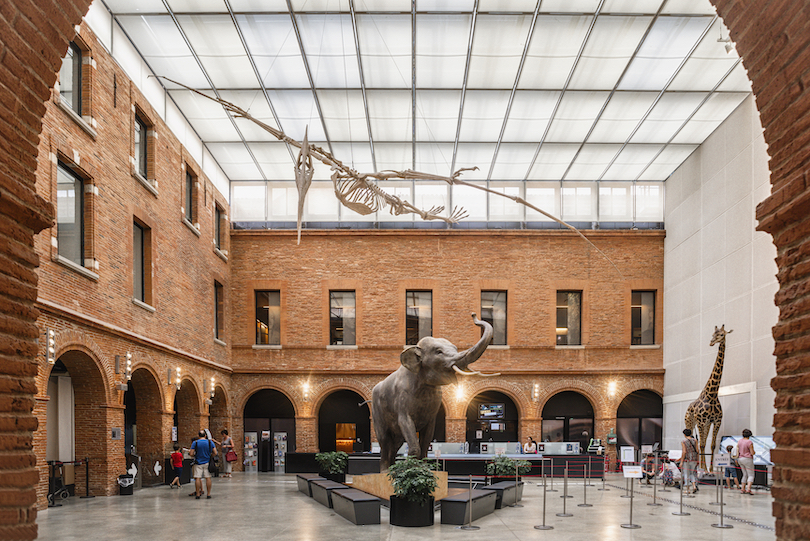
The Museum de Toulouse is France’s most significant natural history and ethnological institution outside Paris.
Located in the Jardin des Plantes, this museum is a great place to visit if you are interested in natural science. It takes visitors on an educational journey through time, showcasing an extensive collection of botanical, entomological, mineralogical, ornithological, and paleontological displays.
The museum, founded in 1796, is home to an impressive collection of fossils, minerals, plants, and animals, including many rare or extinct species. You will find several sections within the exhibition, including prehistory, geology, zoology, botany, and ethnology, and each provides you with a fascinating insight into the natural world.
Visitors can learn about the evolution of life on Earth, the diversity of species, the functioning of ecosystems, and the impact of human activities on the environment.
9. Canal du Midi
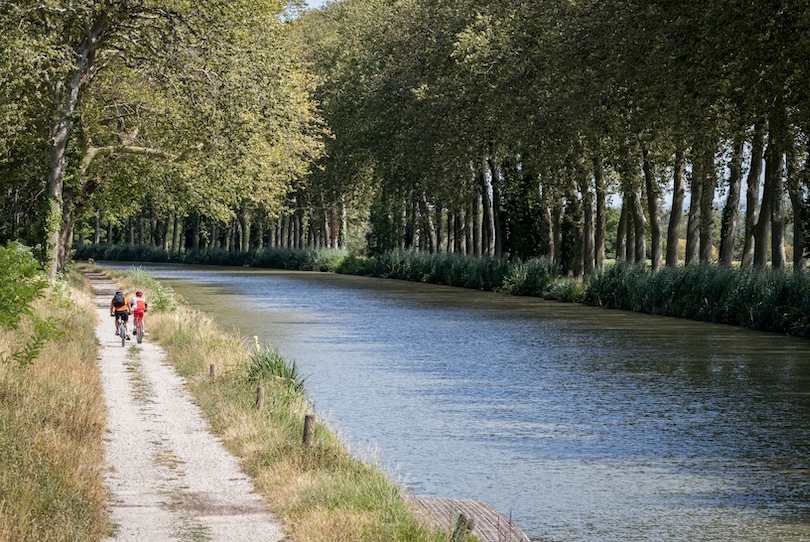
The Canal du Midi is a significant attraction in Toulouse and much of South West France.
Stretching from the city center to the Mediterranean Sea, this UNESCO World Heritage Site dates to the 17th century. It is considered one of France’s most outstanding engineering examples and was once a major hub for commerce.
While commercial use nowadays has stopped, it remains a popular waterway for hospitality and tourism.
In Toulouse, you’ll find the canal on the northern side of the city center, and it is easily accessible on foot or by bike. It passes in front of the central train station, Matabiau, with walking paths on the side.
For those who want to travel along the canal, several cruises will take you down there. However, for a unique way of doing it, consider joining a cruise with Les Bateaux Toulousains. They offer a pirate escape game which we found a lot of fun!
8. Musee des Augustins
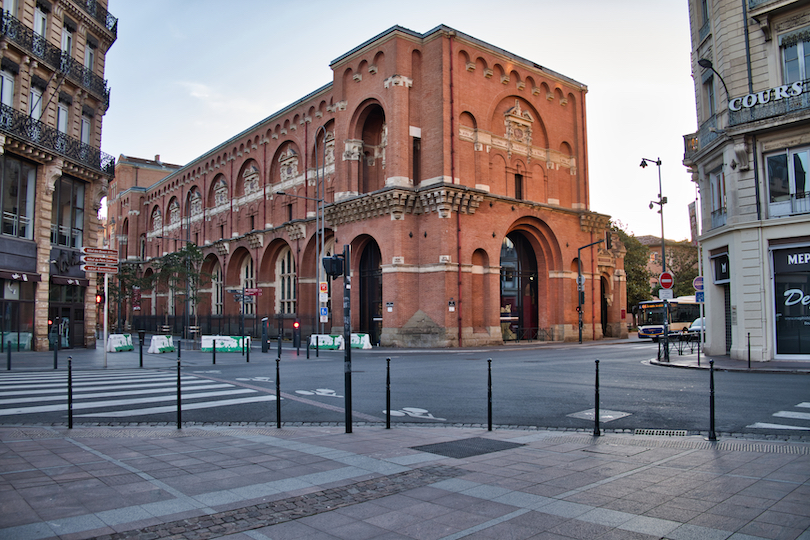
Another must-do activity for art enthusiasts visiting Toulouse is the Musée des Augustins. Located on Rue de Metz at the intersection of Rue Alsace Lorraine and Rue des Arts, it is one of the most stunning museums in the city.
Inside, you’ll discover an impressive collection of sculptures and paintings from the Middle Ages to the 20th century. The fine art collection is mainly from the 1400s to 1700s. It includes works by Italian Renaissance artists and Flemish and Dutch masters such as Rubens, van Dyck, van Goyen, Cuyp, and Jordaens.
Additionally, the museum boasts a beautiful cloister adorned with sculptures of gargoyles. If you want to find out more about the Occitan culture and art, it is a terrific place to visit.
7. Pont Neuf
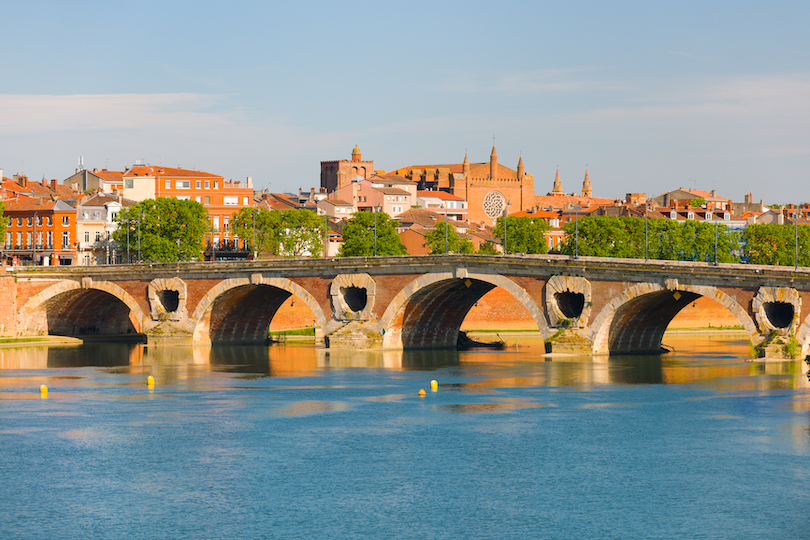
Pont Neuf, the oldest bridge in Toulouse, is a well-loved destination situated on the Garonne River. Despite its name meaning ‘New Bridge’, this stunning structure has a rich history dating back to the 16th century. Composed entirely of stone, it features seven arches that beautifully complement the city’s architecture.
To get the most out of your visit, make your way to the left bank of the Garonne River. When there, keep a lookout for the mysterious red devil perched on the bridge. Though the significance of this peculiar addition escapes us, there is no doubt it adds a unique touch to this historical landmark.
Looking out from Pont Neuf, you can enjoy breathtaking views of the river, the hospice de la grave, and the big wheel. If you are looking for some Insta inspiration, this is where to get it from.
6. Couvent des Jacobins
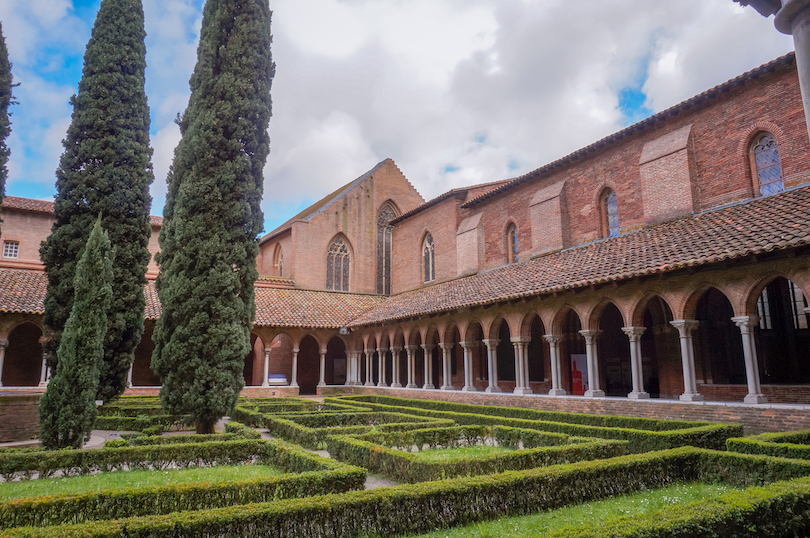
The Couvent des Jacobins is one of the best places to visit in Toulouse. Situated in the heart of the city between the Capitole and Saint-Pierre, its exterior appears quite plain. However, once inside the church, the medieval monastery’s true beauty is revealed in all its glory.
Visitors can see stunning stained glass windows and stately columns with ornate detailing. However, should you avert your eyes higher to the ceiling, you’ll see them form a palm tree shape, which is quite an impressive site.
If you plan on visiting here, we recommend you purchase the Toulouse card in advance. It includes admission to the Jacobins and other museums and public transportation – thus saving you queuing time and money.
5. Day Trip to Carcassonne
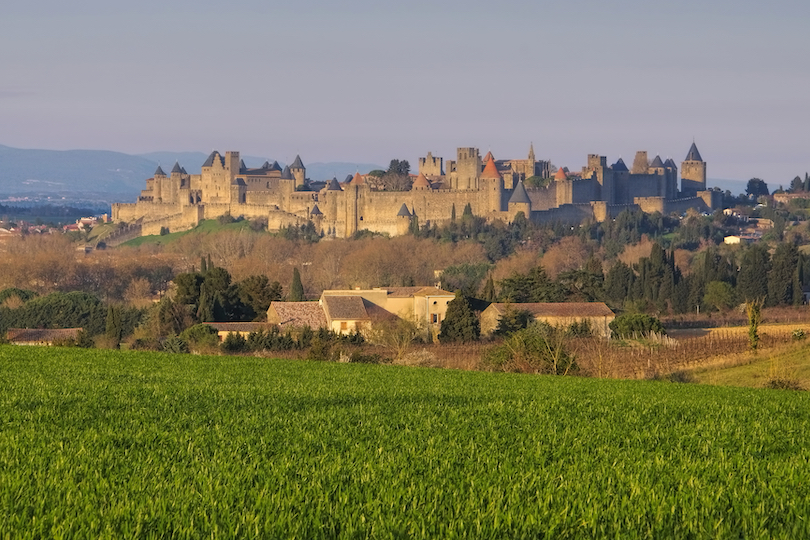
If you’re looking for a great day trip from Toulouse, the historic fortified city of Carcassone is a must-visit destination. Whether you travel by car or train, you can expect to reach your destination in about an hour. Once there, you’ll immediately transport back to the Middle Ages, thanks to the city’s impressive walls, towers, and castle.
Carcassone is a UNESCO World Heritage Site and one of the most amazing sites of Midi-Pyrénées. It’s worth taking the time to wander the winding streets of the old town, where you’ll find impressive fortifications like the Remparts and Château of the Counts of Carcassonne.
Carcassone has plenty of charming cafes and restaurants when you’re ready for a break. Be sure to try local specialties, like Volailles du Lauragais, which features duck and goose, and Pélardon, a delicious goat cheese.
4. Jardin Japonais
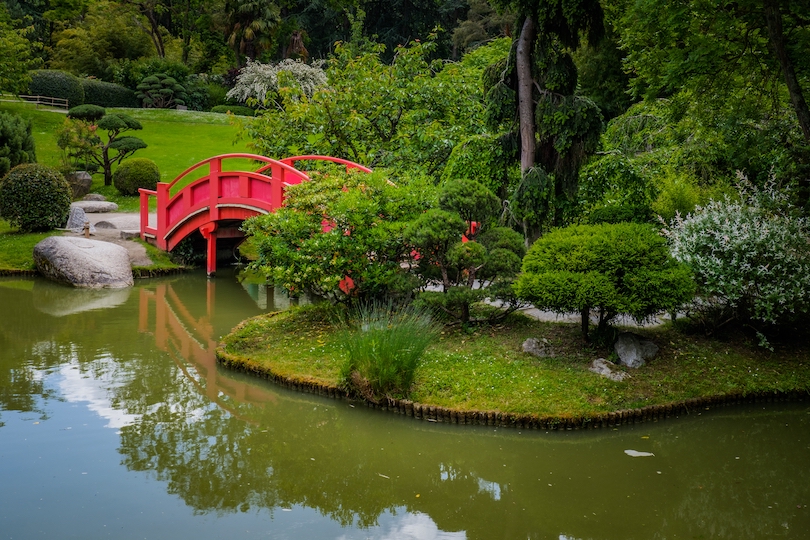
Looking for somewhere to get away from it all? Then there is no better spot in Toulouse than the Jardin Japonais.
Nestled in the heart of Compans-Caffarelli park, this garden is the perfect spot to unwind, recharge, and reconnect with your inner peace.
The Jardin Japonais offers a vast expanse of greenery to explore, complete with traditional Japanese features like rocks, water, and a pavilion. There’s even a serene zen rock garden and bamboo grove to roam around. As you stroll through the Botanical Garden, you’ll spot people practicing Tai Chi, meditation, and reading.
If you cross the pond’s bridge to the island representing paradise, you’ll be greeted by koi and turtles. The garden also features a bust of Taisen Deshimaru, who established many Sōtō Zen Dojos throughout France in the 1970s.
It’s worth noting that, despite being a haven of tranquility, the garden can get crowded, so it’s best to visit early in the day when fewer people are around.
3. Cite de l’espace
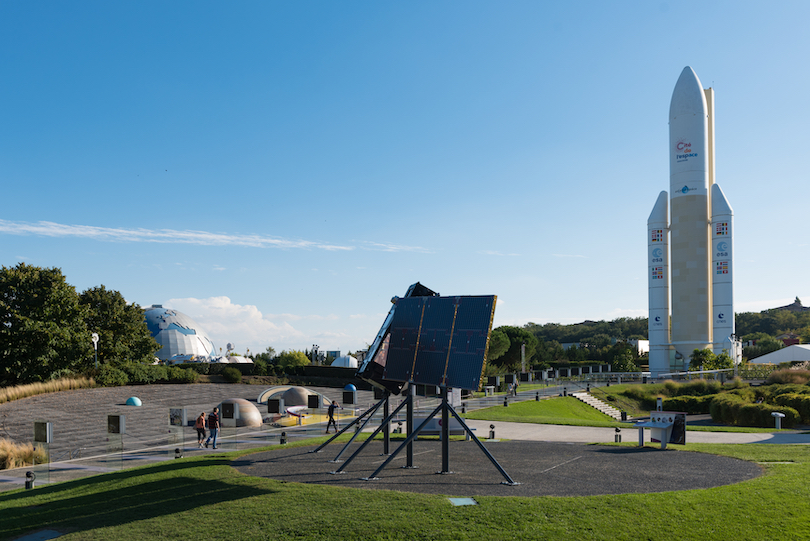
Toulouse is well-known for its connection to the space and aircraft industry. It goes a long way to explaining why they built a theme park called Cité de l’espace.
A very cool place to visit, the park is located on the city’s eastern side. It is easily accessible by public transport, which takes about 40 minutes to reach from the city center.
Offering a range of fun and educational activities related to space, visitors can enjoy several 3D activities. Highlights include exhibition halls and a replica of Ariane 5, a rocket that once launched from the space station in French Guyana.
Overall, it is an enjoyable destination for anyone fascinated by space and families with kids looking for things to do while in Toulouse.
2. Basilique Saint-Sernin
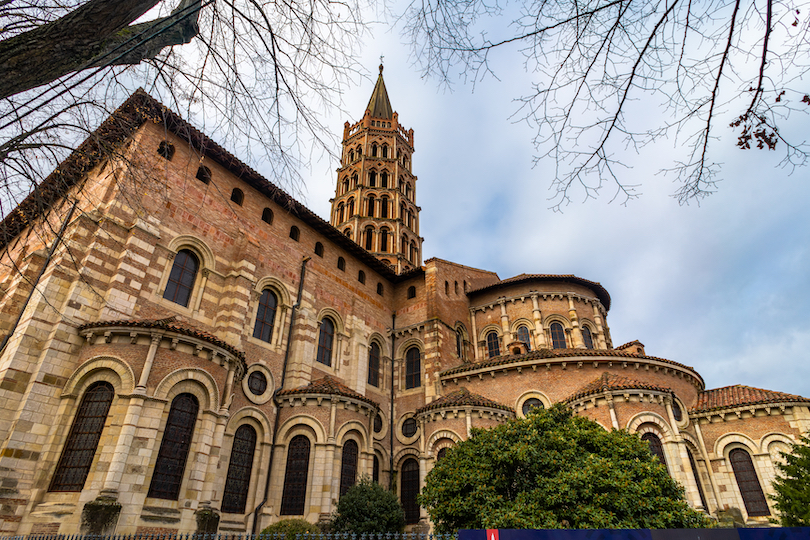
While it may not have the magnificent setting of other cathedrals in Europe, the Basilique Saint Sernin remains a must-visit religious structure.
Completed in the 1100s and listed by UNESCO, it is a significant Romanesque church that has been a popular destination for pilgrims for centuries.
Its five-storey brick tower is easily recognizable from the outside. When you look up, you can observe the arches that indicate where construction was halted in the 1100s and resumed in the 1300s.
Upon entering the building, you will notice the impressive 21-meter-high nave with its enormous marble pillars and altars. Don’t miss the chance to explore the crypts where you can take your time admiring the paintings, frescoes, jewels, and relics dating back to the 6th century.
1. Le Capitole
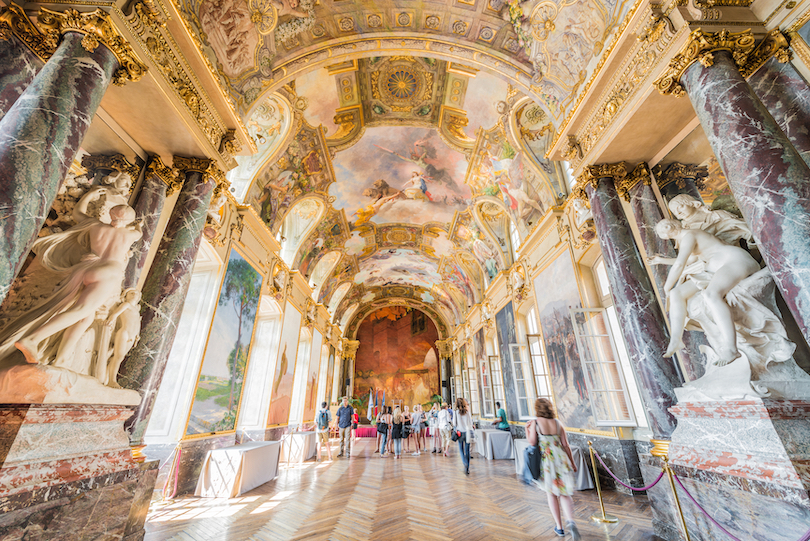
Le Capitole is the City Hall of Toulouse, and sits at the heart of the city center on the Place du Capitole, the main square.
The square is a beautiful, bustling hub where everything happens, serving as a popular meeting point for locals. The Capitole’s stunning facade dominates it, and you’ll no doubt want to take a few photos.
A city hall since the 12th century, many locals are not aware that you can visit Le Capitole. But they do run tours of its rooms on weekdays, which we found very interesting.
Inside, you get to see beautiful historical rooms and paintings, including a series of magnificent frescoes on the ceilings. As a bonus, it is also an excellent activity for those looking for free things to do in Toulouse. So, it is perfect when the sun gets too hot or it is raining.
Where to Stay in Toulouse
From bustling city center hotels to tranquil retreats on the outskirts, Toulouse has a multitude of accommodation options to suit every traveler’s needs. For a truly immersive experience, consider staying in the city center, where you’ll have easy access to many of the must-see tourist attractions. So, to maximize your time, it is worth basing yourself there.
Le Grand Balcon Hotel is a mid-range hotel just a minute’s walk from the Place du Capitole. It features 1930s-style decor and offers comfortable rooms with double glazing that significantly cuts out street noise.
Alternatively, the Hôtel Le Père Léon is a terrific choice for those on a budget. As you enter the hotel, you’ll be captivated by the elegant, traditional architecture and modern amenities. It is situated adjacent to the Esquirol Metro Station, making it convenient to visit any part of the city.
How to get to there
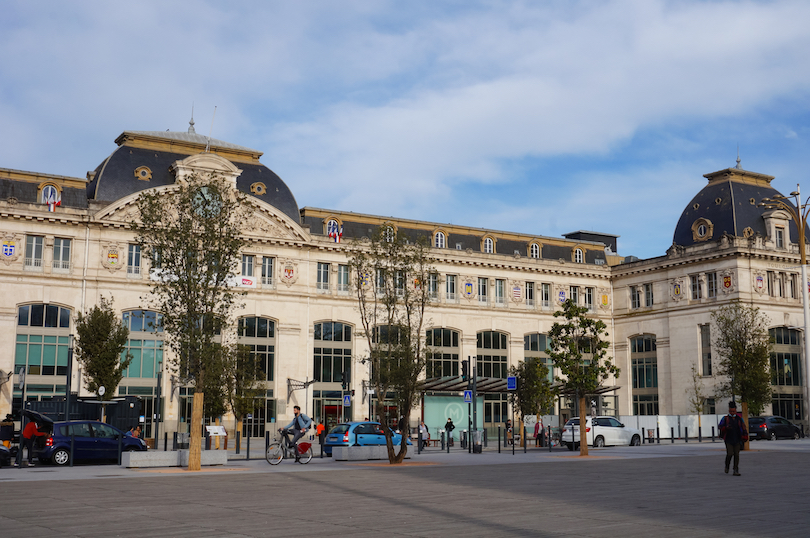
Toulouse is easy to get to via several modes of transportation. If you plan on traveling to Toulouse from another country, the most convenient option is to fly into Toulouse-Blagnac Airport. This airport offers numerous connections to major European cities.
Once you arrive at the airport, you can easily access the city center by taking a shuttle bus or taxi.
If you are already in France, traveling to Toulouse is easy as it is well-connected by train. You can catch high-speed service to cities like Paris, Bordeaux, and Marseille.
Additionally, Toulouse is easily accessible by car or bus as it connects to several major highways that lead to other cities in France and Europe.
However you get to Toulouse, navigating the city is easy thanks to its extensive public transportation system, which includes buses, trams, and a metro line.
Approximate travel times:
- Carcassonne – 1 hour by car, 1 hour 30 minutes by train
- Albi – 1 hour by car, 1 hour 30 minutes by train
- Montpellier – 2 hours by car, 2 hours by train
- Biarritz – 3 hours by car, 3 hours by train
- Bordeaux – 2 hours by car, 2 hours by train
- Marseille – 3.5 hours by car, 3 hours by train
- Paris – 7 hours by car, 4 hours by train
- Barcelona (Spain) – 4.5 hours by car, 3 hours by train
Best Time to Visit Toulouse
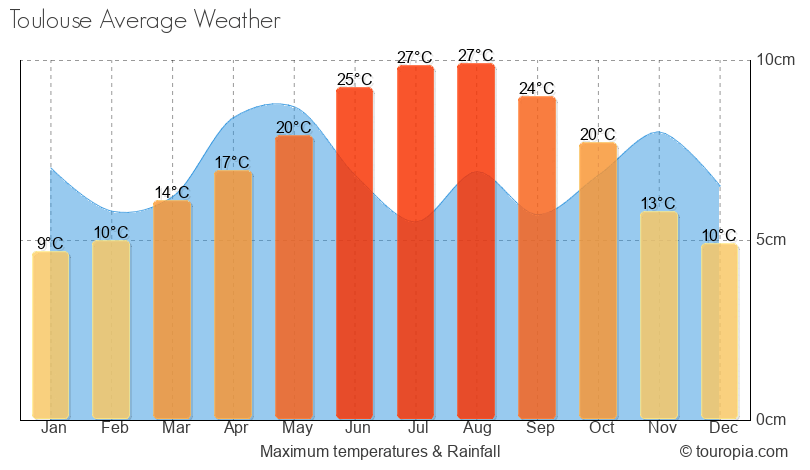
As July and August are by far the hottest, busiest and most expensive months to visit Toulouse, you’re best off avoiding them if you can. With average temperatures of 27°C (80°F), strolling about the historical center gets a bit hot though you can always cool off by the river or in its parks. Countless cultural events also take place with the Festival de Toulouse being the largest and liveliest of the lot.
Either side of the searing summer months, April to June and September to October, is much more comfortable weatherwise. Very warm and sunny with temperatures ranging from 16 to 24°C (61 to 75°F), they are ideal for exploring the centre or enjoying some outdoor activities. Spring does see the most rain though so make sure to bring a coat.
While the rest of the year is quieter and cooler, some people head here in winter to go skiing in the mountains. Its center is also decorated with pretty lights in December when the Christmas market is going on. The colourful Festival of Violets and all its fun flower battles also attracts people in early February.

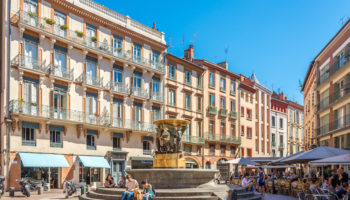
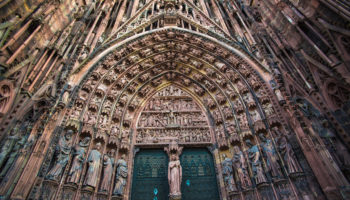
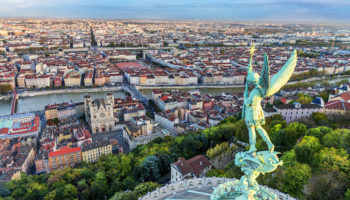
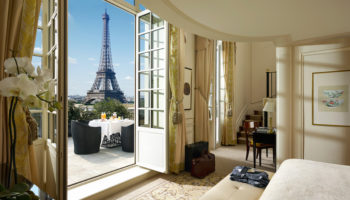



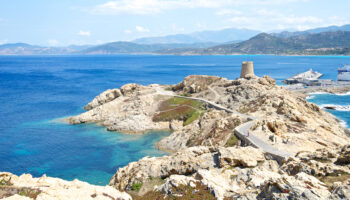
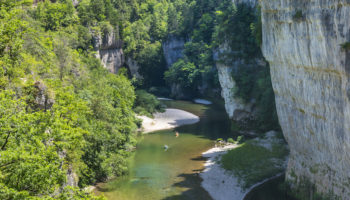
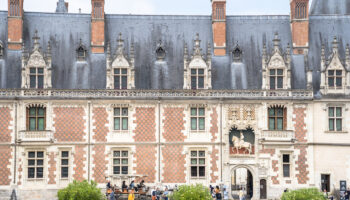
Leave a Reply